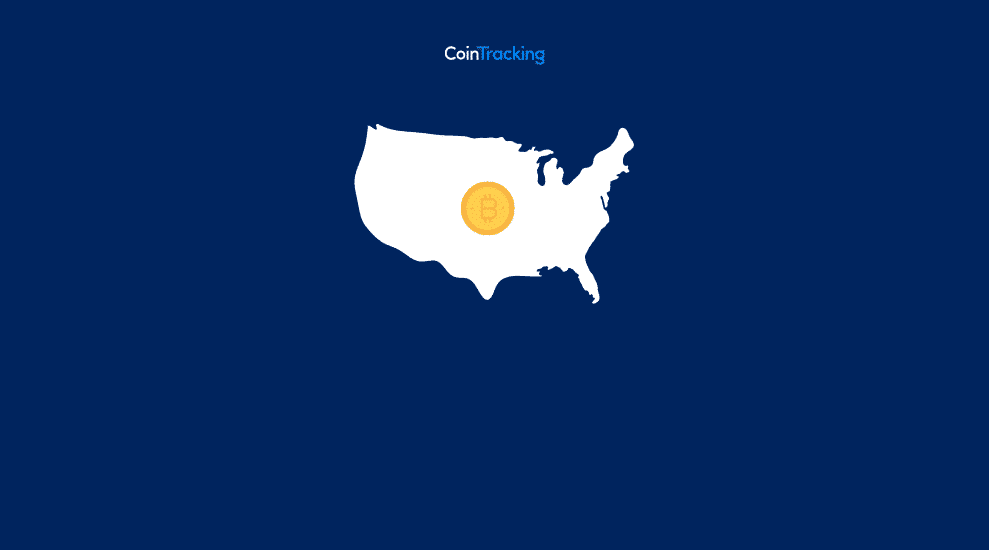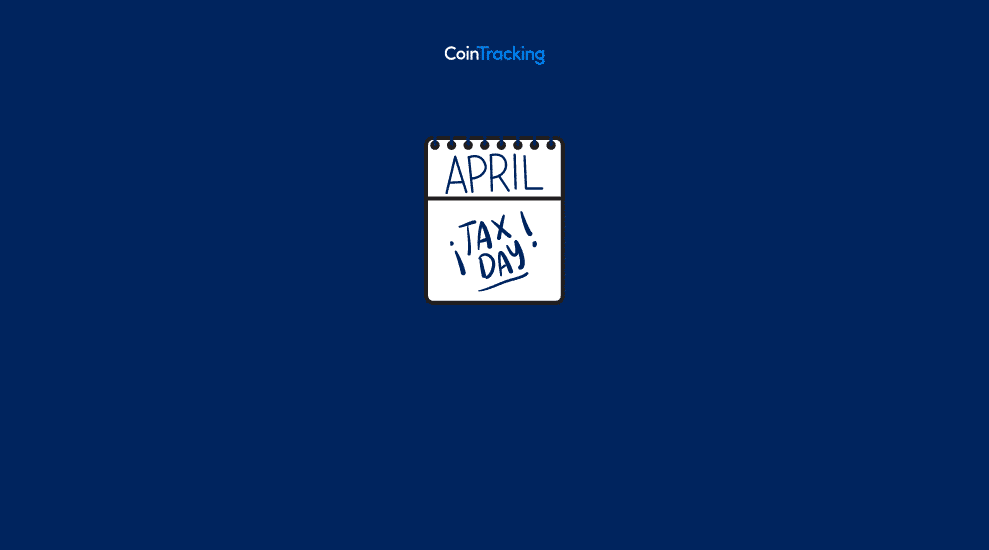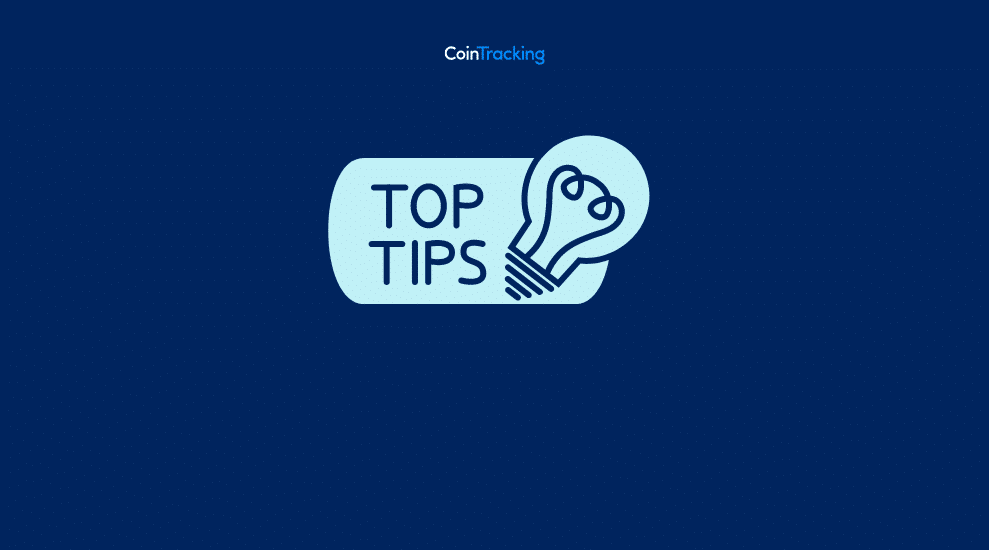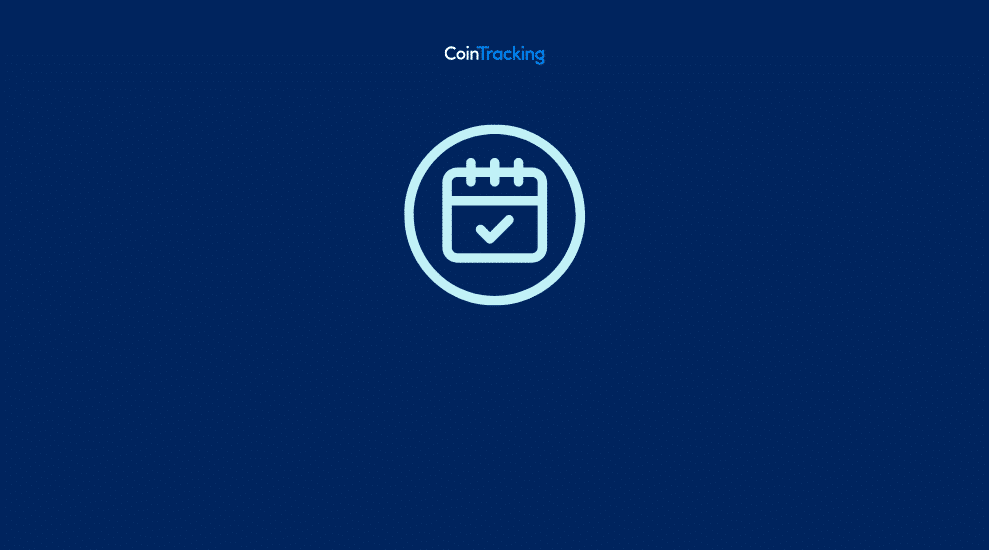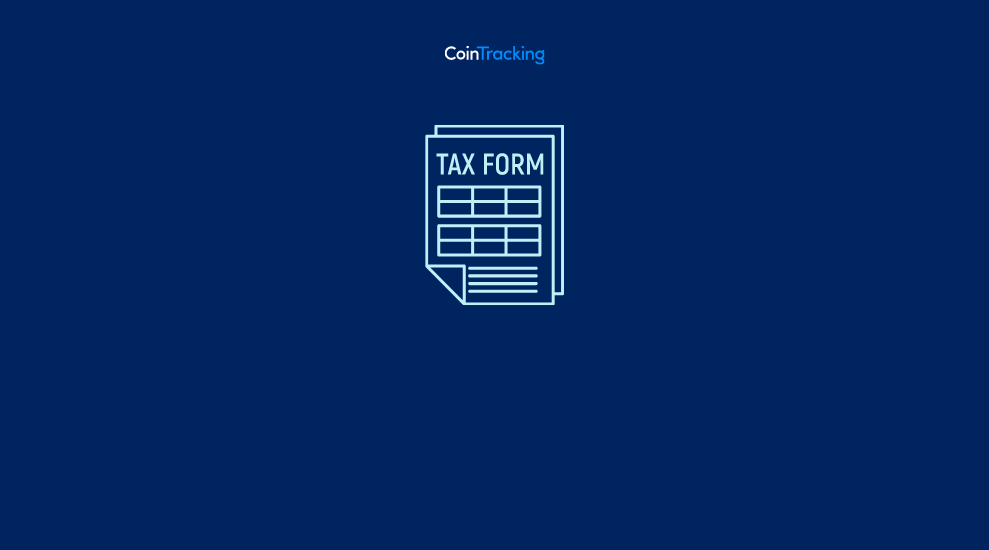New rules for sharing crypto tax data: What is the impact for investors?
8 Jun, 2023 · 4 min read
Reports surfaced with the intentions of finance ministers in the European Union to agree on a new set of rules for sharing crypto tax data.
What would be the impact of these new EU-based rules on crypto investors? Would tax authorities be able to track your crypto with more ease? What can you do to make sure you’re fully compliant?
Let’s cover more about this news, what happens if you fail to report crypto taxes, and more!
Tax authorities to share people’s crypto data in the EU
CoinDesk reported that finance ministers across EU countries are set to agree on a new set of rules that enable tax authorities to share people’s crypto data.
This is a part of the efforts from the EU to tackle tax evasion with digital assets. This would expand on already implemented law that prevents ”taxpayers from stashing taxable assets in hidden overseas bank accounts.”
The new rules align with the previous goal of the EU Commission to make companies with EU clients register “in order to report digital assets to tax authorities,” including NFTs.
Can crypto be tracked for taxes?
Yes, companies and tax authorities can track your crypto and use several tools to enforce compliance with regulations and report your crypto taxes.
Can tax authorities track your crypto?
Tax authorities have the power and resources to track people’s crypto holdings by using blockchain forensics and analysis tools, while they can resort to legal action to receive further information from exchanges and crypto providers.
With the new law reported by CoinDesk, tax authorities would have more power to track crypto investors with these measures, which increases the need for investors to have clear tracking of their holdings and ensure they correctly submit their crypto taxes.
Can the IRS track your crypto?
Yes, the IRS and other crypto tax authorities across countries can track your crypto holdings and signal if you have misreported or not reported them.
The IRS can even make crypto companies share their customers’ data through a John Doe summons, enabling the tax authority to check the lack of reporting from investors and take further steps. The IRS has sent several letters to investors throughout the years with amounts dues in taxes for the lack of reporting crypto.
Will tax authorities know if I don’t report crypto?
Yes, tax authorities will know if you don’t report your crypto taxes and will take further action to notify you and ensure you end up reporting and paying the necessary taxes.
Which crypto exchange does not report to IRS?
Crypto exchanges that do not operate in the US don’t need to report customer information to US tax authorities. However, any crypto provider that operates in the US can be compelled to share crypto customer information with the IRS.
What happens if you don’t file crypto taxes?
If you don’t file your crypto taxes, you’ll likely have to pay fines on top of the taxes you owe. Please consult with a professional to evaluate your situation.
Avoid fines by reporting your crypto taxes with CoinTracking
The easiest way to report your crypto taxes with ease is with CoinTracking.
With CoinTracking, you can import your crypto trades, track gains/losses, and generate the right crypto tax forms. But that’s not all, CoinTracking can do more, including:
- Import trades frm 110+ available exchanges.
- DeFi and NFT support!
- 20+ reporting features to manage your crypto portfolio
- Automatic Capital Gains,
- 10+ accounting methods (e.g., FIFO, LIFO, HMRC, ACB)
- Compliant Tax Reports
Let us handle your crypto taxes with CoinTracking Full-Service
CoinTracking also offers a Full Service for US crypto investors. A crypto reconciliation tax expert from Polygon Advisory Group, a leading US crypto tax firm, will review your CoinTracking account, help fix any errors, and ensure you submit your crypto tax reports error-free.
Disclaimer: All the information provided above is for informational purposes only and should not be considered as professional investment, legal, or tax advice. You should conduct your own research or consult with a professional financial advisor when investing.
Track your crypto portfolio with CoinTracking
With CoinTracking, you can import your trades from hundreds of exchanges and blockchains, determine your capital gain/losses and income, and generate crypto tax forms.
Share this



